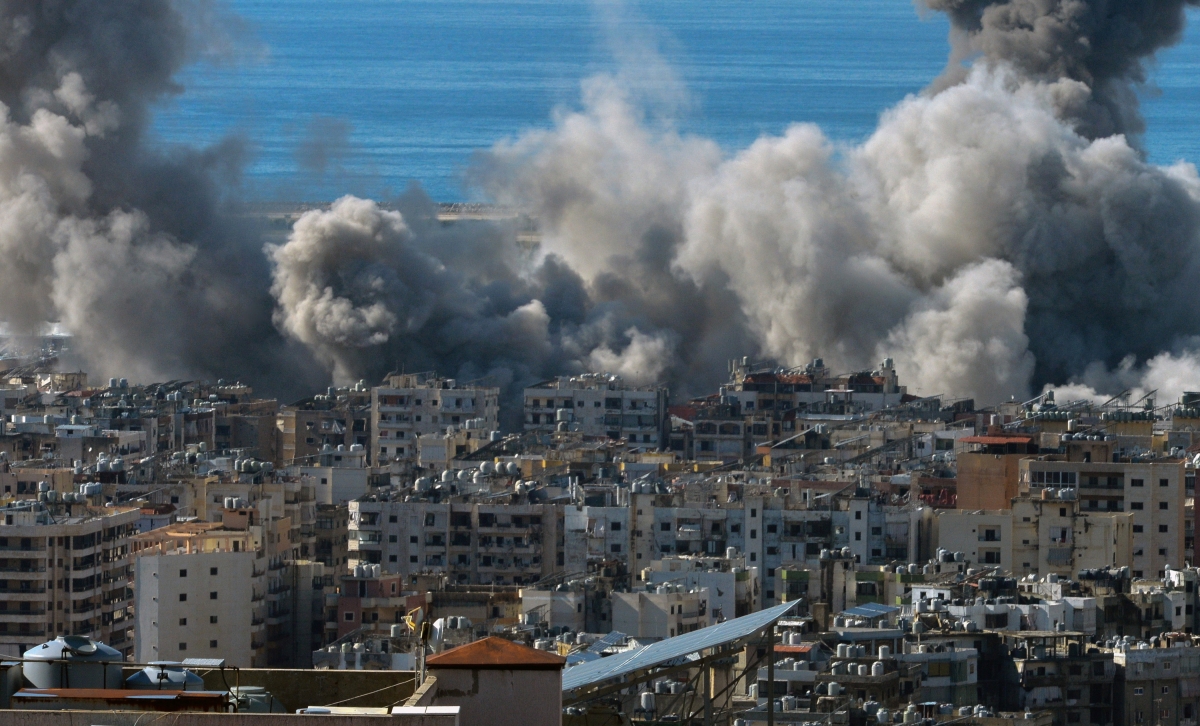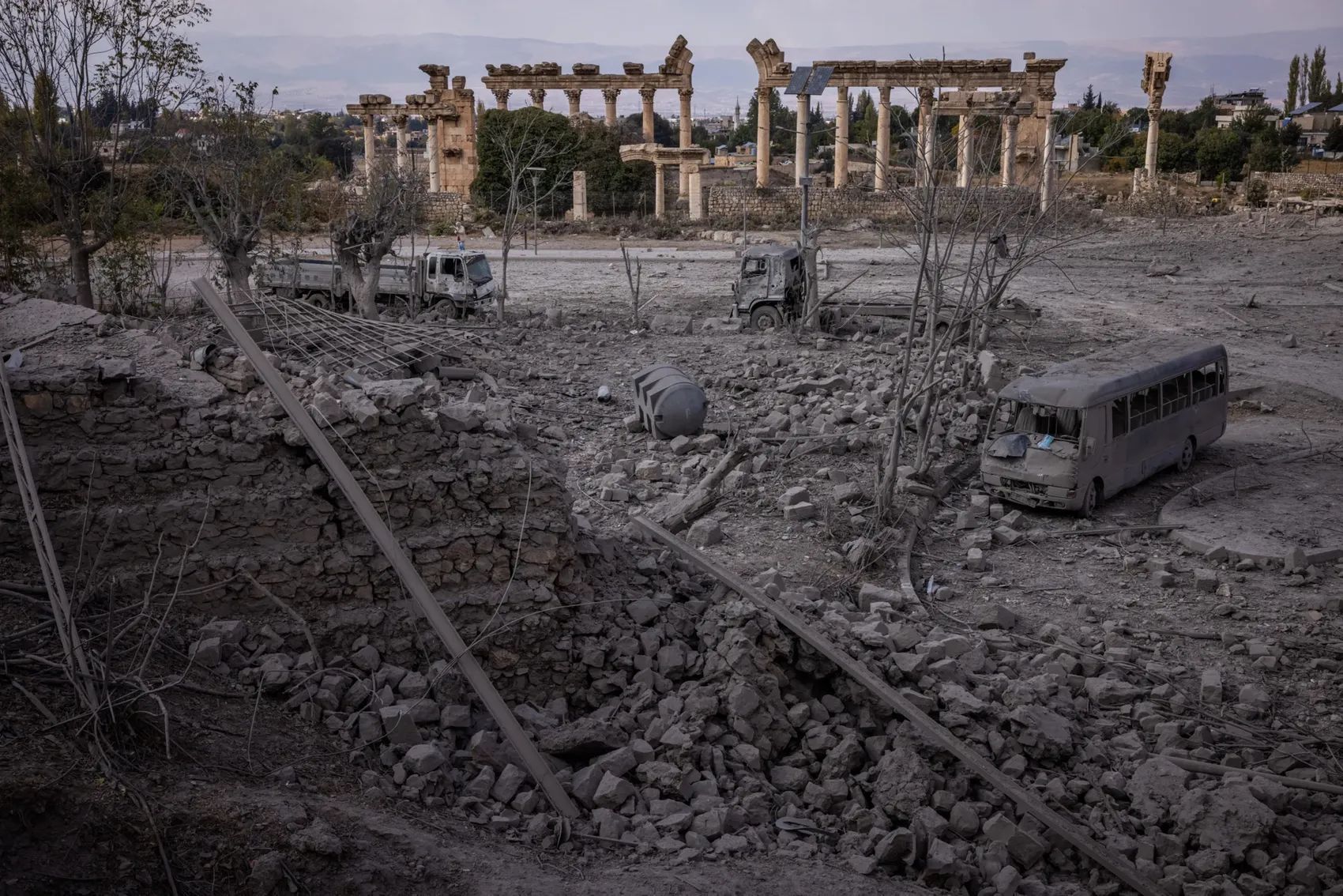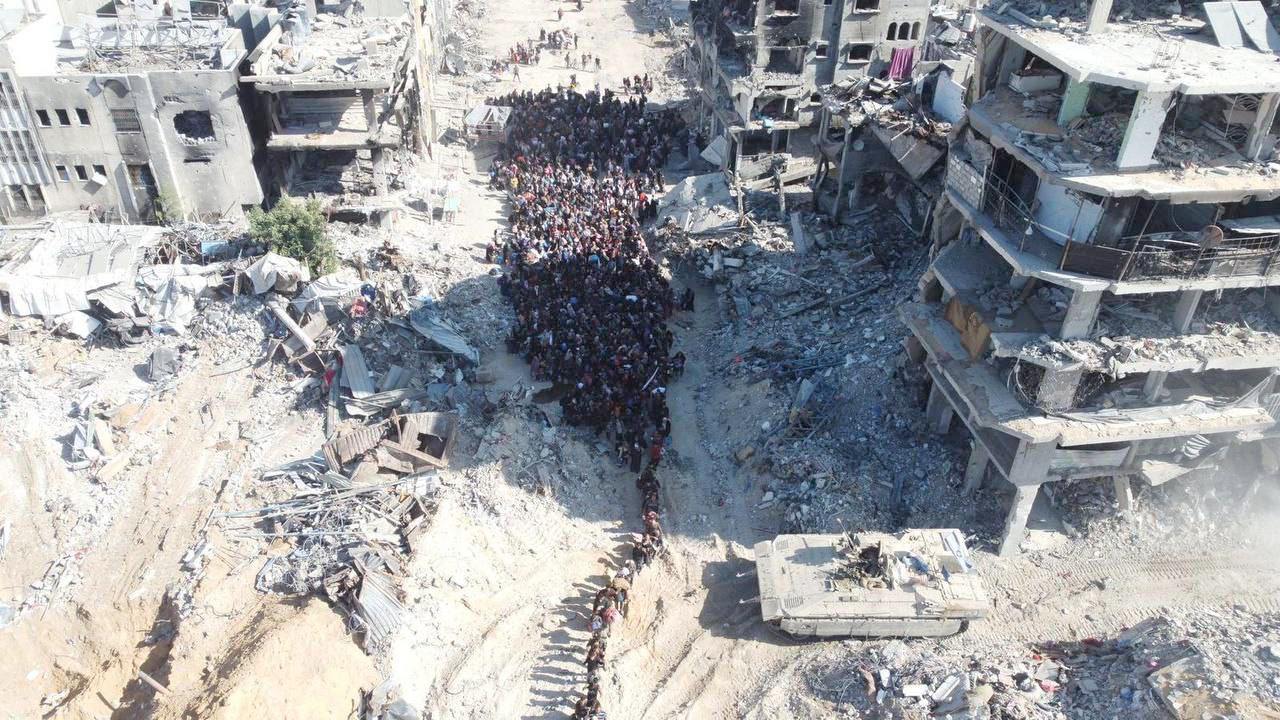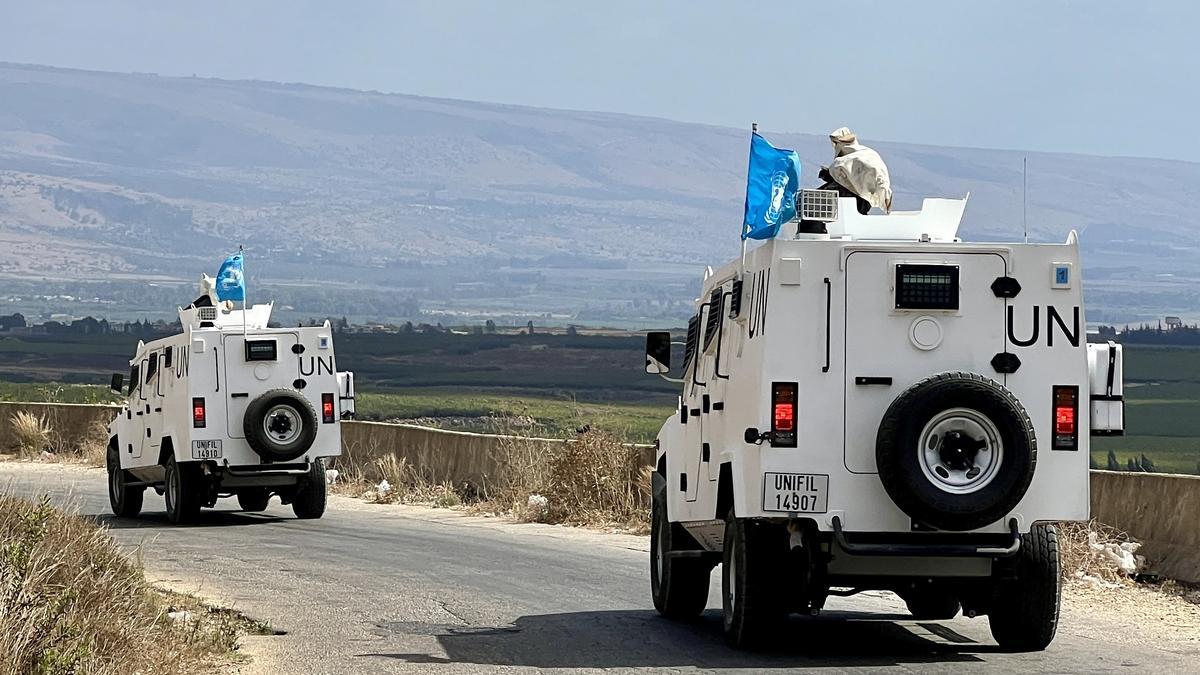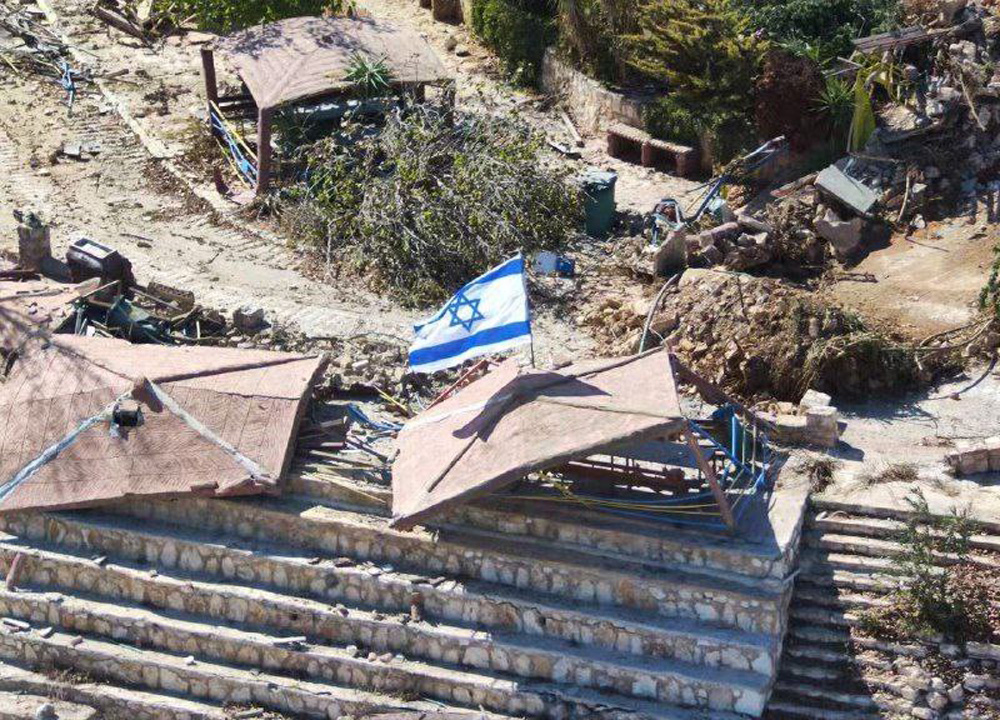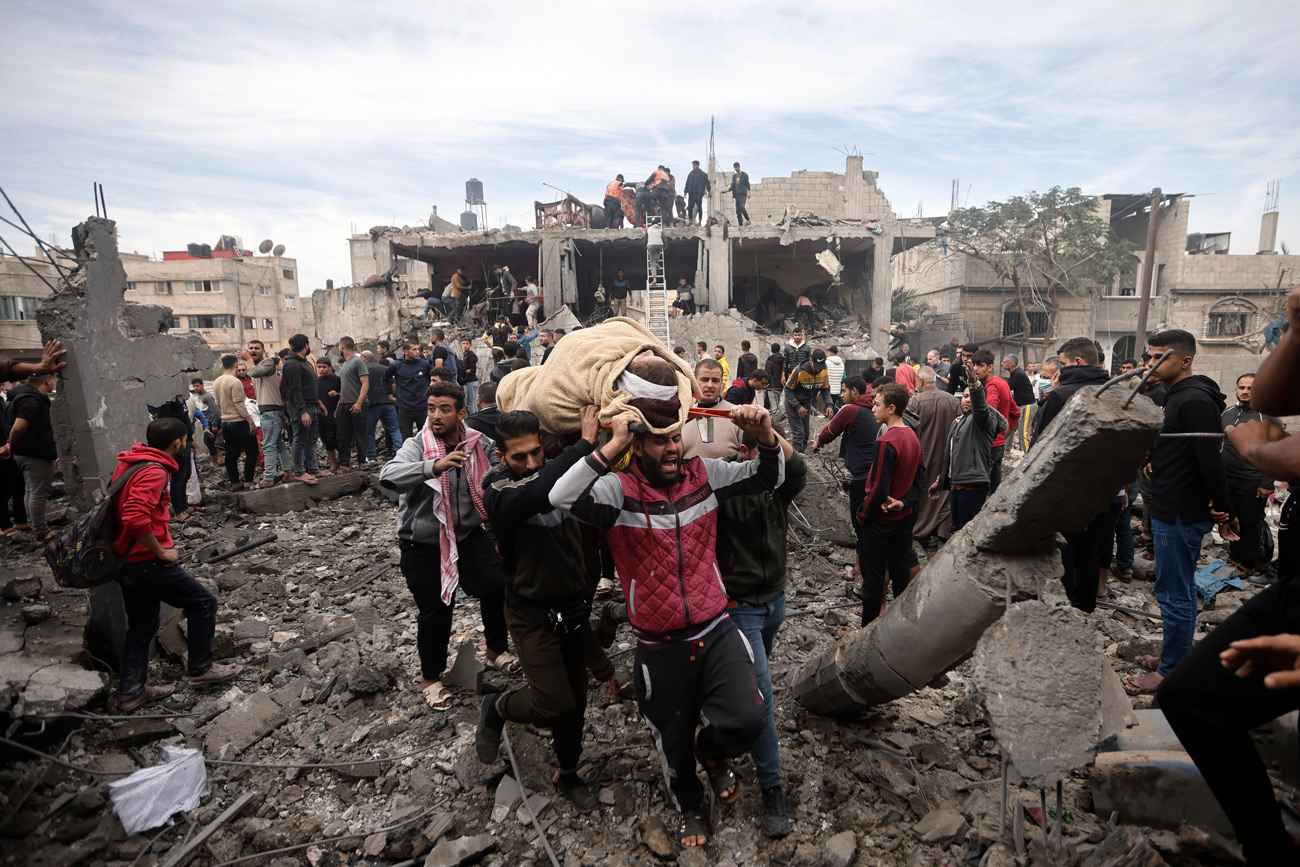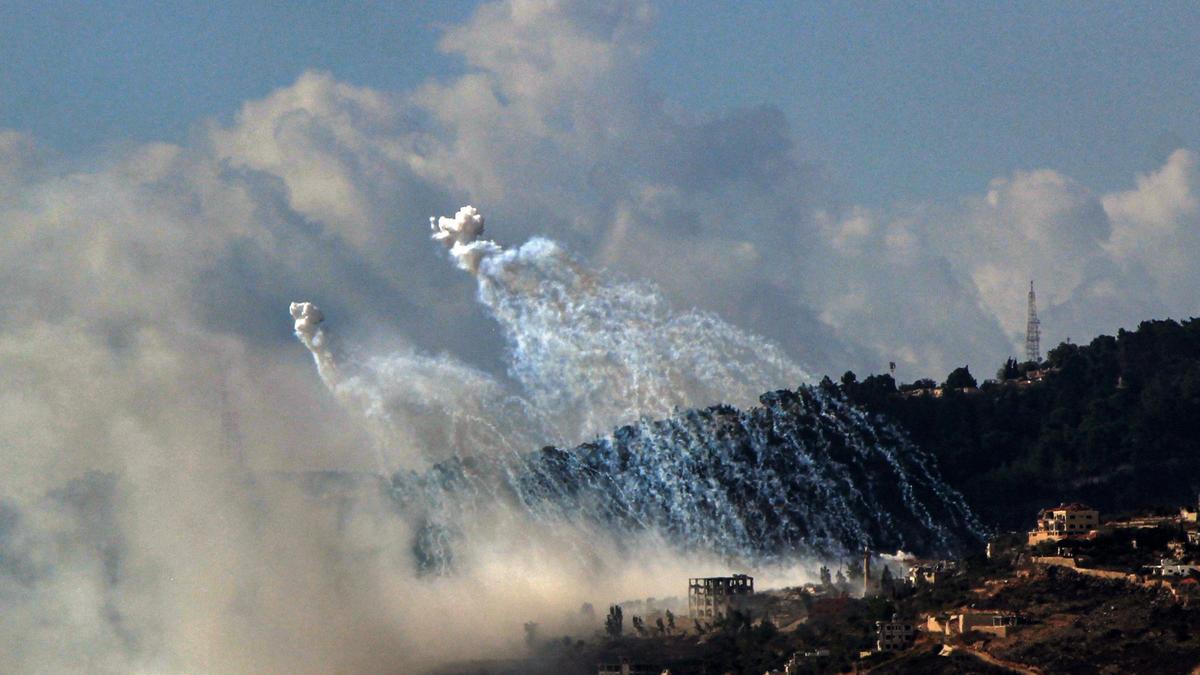The terrible consequences that the explosion of 4 August, at 18:10 in the afternoon, has caused directly in the city centre, are evident in the images and videos disseminated on the networks. The disaster, amounting to three billion dollars, has left some 300,000 members homeless, 149 dead, hundreds still missing at the present time, and more than 5,000 injured. Among the latter, 760 people have been seriously injured and 247 are in critical condition in hospitals where they are still standing and useful. In fact, four hospitals in the city have been disabled for the provision of services.
First moments after the explosion
It is difficult to imagine tension and fear at first, because the events of recent weeks in the south, due to the conflicts between Hezbollah and Israel, easily suggested that it could be the beginning of the bombing. And that is that on 4 August, before the explosion, Netanyahu launched threats against Hezbollah as a result of the political and military overflow of the Syrian war.
Some said they'd heard planes, and they couldn't accept the first few diagnoses, while others said they were "normal." Recently, Israeli warplanes have flown over the airspace of Beirut, where they were flying.
The idea of the earthquake also caused leaks in other areas of the city and town. An earthquake would have particularly fatal consequences in the refugee camps, due to the obvious inadequacies in the security guarantees of the buildings in these areas.
Additional effects of the explosion
With the explosion, Lebanon has lost priority access to the Mediterranean Sea, as reported by the Government. 85% of what was eaten in the people was within imports, which not only affects an already weakened economy, but also the destruction of the largest wheat stock in Lebanon in the port, 15,000 tonnes of wheat have been lost, so, above all for those with low sales, the mass destruction of this material for the production of basic food means that economic gravity, more than ever, will affect basic needs. In anticipation of this, those who have the economic capacity to do so have begun to pick up the bread out of proportion.
Following the first steps of the State-designated investigative committee, 16 people have been arrested today for their alleged connection with what has happened. The Government has given the committee four days on Thursday to locate the guilty parties.
The Interior Minister, Mohammad Fahmi, has said that he will withdraw from his post in this difficult situation if the name of the culprits is not made public in due course. For his part, Tracy Chamoun, Lebanon ' s ambassador to Jordan, has presented his resignation live on the grounds that the absolute irresponsibility of the leaders implies the need for new leadership.
The political origin of the explosion
Apart from the ambassador’s motivations, this irresponsibility to which we have referred has deep roots in Lebanon. What is more, irresponsibility, corruption and historical political and economic dependencies are rooted in the possibility of developing the Lebanese people for a long time.
It was in 1990 that the global pandemic in Lebanon, the largest economic and political crisis from the 15 years of civil war to the present day, spread. As of October 17, 2019, people began to take to the streets because of the outrage that for decades has generated the management of the elites.
Since then, following one of the demands of the Protestants, a new government was named among candidates, in principle independent. But reality shows that old and stubborn forms have been maintained.
According to Kalea, the leftist actors and heirs of the wartime still have the capacity to influence decisions, limiting debate and hindering development.
The future after the explosion
The outbreak that accumulates care has created for the population the highest exponent of incompetence in political leadership. In particular, the political system, which over the last ten years has repeatedly demonstrated a huge shortfall, has hit the bottom line, and it can already be said that the re-establishment of the Lebanese State is inevitable, but the direction it is going to take cannot yet be realised.
The French President, Macron, has visited Beirut, promising help and getting a closeness that the French authorities have not been able to receive. But can we believe that behind the words of the representative of the people who created structural political subordination in Lebanon there is no other purpose? In the Middle East, at this critical moment in the internal reorganization of capitalism, it is legitimate to question whether Western actors provide free aid.
Furthermore, the fact that the consequences of capitalism that has remained unchanged for decades have erupted in the eyes of the population has made it clear that the political leaders of the people have made 2,750 tons of ammonium nitrate, as if it did not exist, in the hope that it will be resolved by itself. In 2014, a ship had to withdraw its potential explosive device in the port of Beirut, including the inability to pay wages and irresponsibility.
In the meantime, through the flow of money, the political representatives, doing their best to strengthen their socio-economic positions, such as nitrate, the defective electron network, forgetting waste management and water problems, as if they had no importance in the lives of 50% of those living below the poverty line today. Irresponsibility for the problems that have been tried to conceal for a long time has exploded them, for wanting to increase the economic interests of the minority at the expense of the basic living conditions of the majority.
Priorities
Among us, even before the pandemic, at a time when the idea of "putting life at the centre" is increasingly being heard and, even if it is distant (there are closer examples), this example of the consequences of the devastating social relationship of capital should be taken into account, as life cannot be put at the centre without pulling the capital into the centre.











